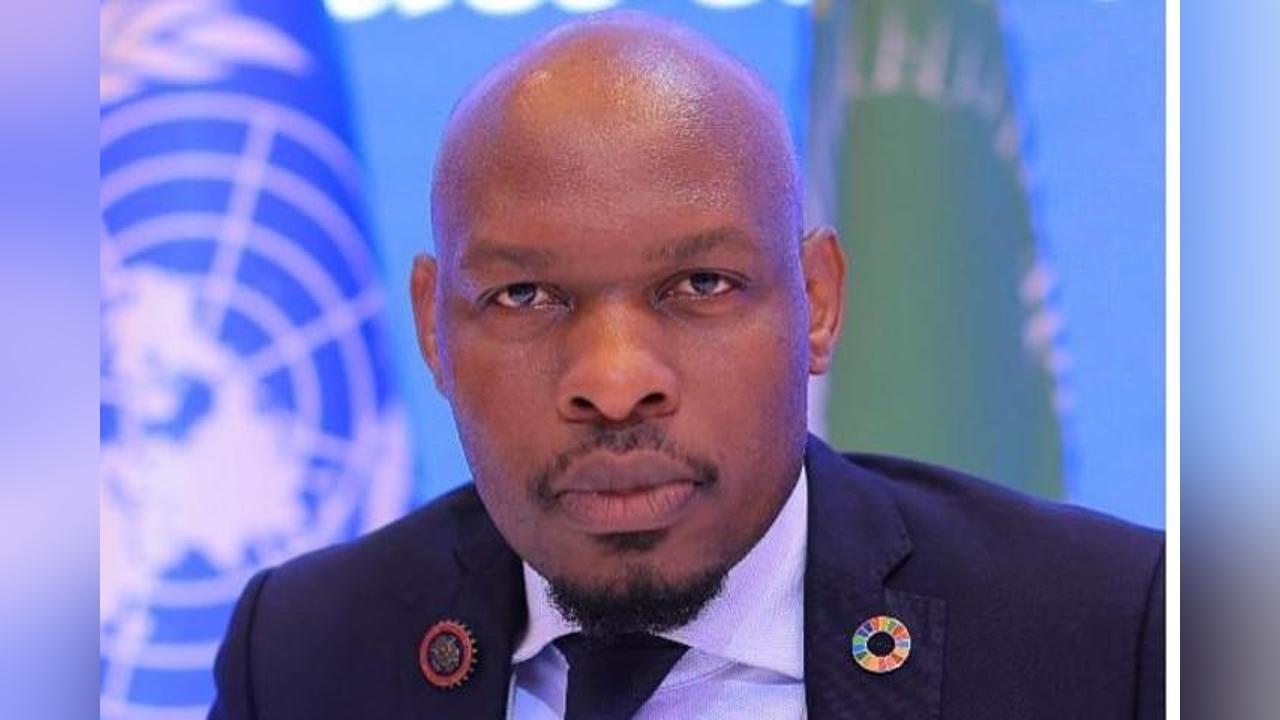Africa-Press – Uganda. As the United Nations marks 80 years since the signing of its charter, the world finds itself at a crossroads. The institution that once symbolised hope for global cooperation is today struggling to prove its relevance amid multiplying crises, geopolitical rivalries, and growing mistrust among member states.
During a past UN General Assembly in New York, then US President Donald Trump questioned the purpose of the UN, accusing it of failing to resolve conflicts even as Washington cut funding to several agencies. His words reflected a larger reality: multilateralism is under siege.
The US withdrawal from the Paris Climate Agreement, the World Health Organisation, and the UN Human Rights Council, coupled with Russia’s aggression in Ukraine and Israel’s war in Gaza, have cast serious doubts about the effectiveness of today’s multilateral order.
Nelson Mandela once warned that the greatest challenge facing the UN was the lack of independence and commitment by its own members. That warning now rings truer than ever. Resolutions are openly defied, treaties are defaulted on, and peace efforts are routinely undermined.
When the majority of UN member states voted to stop the wars in Ukraine and Gaza, Russia and Israel simply refused to comply. Such defiance exposes the UN as increasingly powerless — reduced to hosting conferences and issuing statements that carry little consequence.
The result is tragic: nations sliding into full-scale wars, civil unrest, nuclear brinkmanship, trade wars, and genocides that threaten global peace and stability.
This crisis is compounded by resurgent nationalism, protectionism, and authoritarianism, which undermine cooperation and shared values. The geopolitical rivalry between the United States and China has paralysed global responsibility on trade, diplomacy, and health.
Meanwhile, the structural imbalance of the UN Security Council — where Africa, Asia, and Latin America remain excluded from permanent membership — perpetuates inequality, mistrust, and poor representation in decision-making.
The UN’s overdependence on the United States and its slow adaptation to new global challenges such as artificial intelligence and the disruptive power of social media have further exposed it to ineffectiveness. Even regional blocs have not been spared.
NATO struggles with Russian aggression and burden-sharing. The European Union has been shaken by Brexit, stalled enlargement, and democratic backsliding. The African Union faces military coups, civil wars, and water disputes that highlight member states’ weak commitment to unity and democracy.
Despite these failures, we must not forget the achievements of multilateralism. It has fostered disarmament treaties, advanced human rights, nurtured trade and financial regulations through the IMF and WTO, and enabled unprecedented global connectivity.
Multilateralism remains the foundation of the UN Charter, the European Union, the African Union, and indeed the principle of humanity itself.
But today, the biggest threat to multilateralism is the abuse of veto powers by the Security Council’s permanent members. This veto paralysis has left the UN unable to stop wars or respond to crises effectively. It raises critical questions: Is the UN mandate becoming obsolete? Or is it time for a new multipolar order that reflects the realities of the 21st century?
Reshaping multilateralism requires more than conferences and public reports. It demands a holistic review of governance, solidarity, and conflict-resolution mechanisms. Structural reforms to the Security Council are urgent — voting must reflect the demographic and economic weight of emerging powers like India, Brazil, South Africa, and Japan.
A robust institutional restructuring would make the UN more efficient, effective, and accountable. Strengthening inter-institutional dialogue, encouraging compromise among conflicting blocs, and creating mechanisms for adaptive governance will be vital to tame nationalism and restore trust.
At 80, even human beings begin to show signs of weakness. So too must the UN confront its age and either renew itself or risk irrelevance. A fresh multipolar order could bring balance, predictability, and principled leadership to a fractured world.
The illegal Russian invasion of Ukraine — a colonial war disguised in the 21st century — is a stark reminder of why the world cannot afford complacency.
We cannot wait for millions more lives to be lost before acting. Whether through bold reforms within the UN or through a new multipolar framework, the future of humanity depends on reshaping global governance.
Multilateralism is not an abstract ideal. It is our last line of defence against chaos — the bloodline of global peace, justice, and cooperation. The question is no longer whether change is necessary, but whether we have the will to achieve it.
Mr Robert Kigongo is a sustainable development analyst
Source: Nilepost News
For More News And Analysis About Uganda Follow Africa-Press






